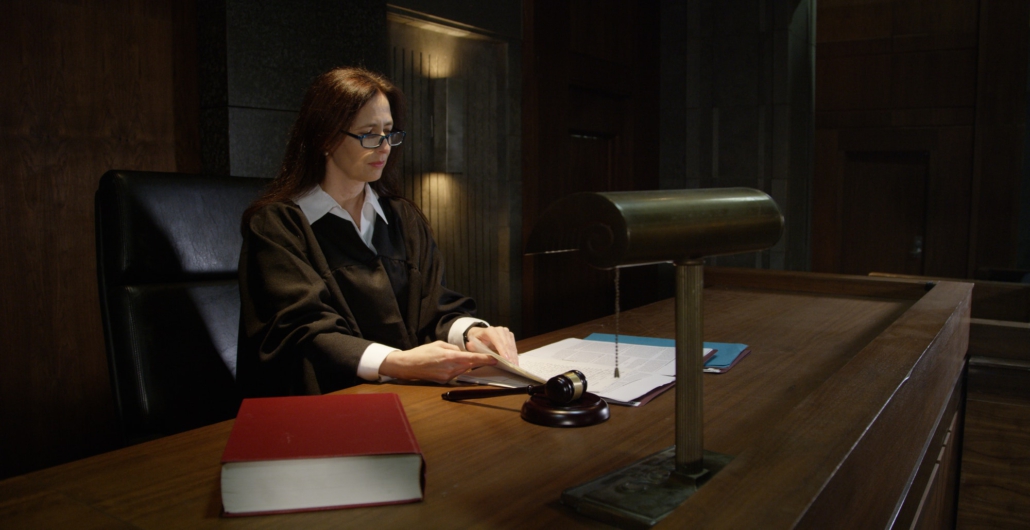LEGAL+ NEWS
GTC law, i.e. the law governing general terms and conditions, represents a restriction on contractual freedom because it limits the possibilities for freely and effectively structuring the content of contracts. If a provision is subject to GTC law, it must comply with the requirements of GTC law, otherwise it is invalid. In order to avoid the restrictions of GTC law, the contracting parties must have negotiated the provision in question.
The legal hurdles to such “negotiation” are very high:

Starting point: Section 305 (1) sentence 3 BGB
Section 305 (1) sentence 3 BGB expressly states that a negotiated contractual provision is not subject to the law on general terms and conditions:
“General terms and conditions do not exist if the terms of the contract have been negotiated in detail between the contracting parties.”
What is “negotiation”?
What “negotiation” means is not clear from the law. A now well-established case law of the Federal Court of Justice provides clarification. For example, a fairly recent ruling by the Federal Court of Justice from March 26, 2015 (AZ VI ZR 92/14) is quoted as follows:
[33] (1) According to the case law of the Federal Court of Justice , negotiation requires more than negotiation. Negotiation in this sense can only be said to have taken place if the user first negotiates the non-statutory core content contained in his general terms and conditions, i.e. the provisions that amend or supplement the essential content of the statutory provision, seriously puts the content of the contract up for negotiation and gives the negotiating partner freedom to protect its own interests with at least the real possibility of influencing the content of the contractual terms. He must therefore clearly and seriously declare his willingness to make the desired changes to individual clauses (BGH, judgments of March 20, 2014 – VII ZR 248/13, BGHZ 200, 326 para. 27; of November 22, 2012 – VII ZR 222/12, BauR 2013, 462 para. 10). The user must explain the relevant circumstances (BGH, judgment of April 3, 1998 – V ZR 6/97, NJW 1998, 2600, 2601). As a rule, such willingness is also reflected in recognizable changes to the pre-formulated text. At most, under special circumstances, a contract can also be considered the result of “negotiation” if, after thorough discussion, the draft remains in place (BGH, judgment of November 22, 2012 – VII ZR 222/12, loc. cit.; default judgment of January 23, 2003 – VII ZR 210/01, BGHZ 153, 311, 321 with further references). N.). Even if the text is amended, a clause only loses its character as a General Terms and Conditions if the subsequent amendment is made in such a way that it justifies treating it as an individual agreement made from the outset. This is not the case if the user has not granted the contractual partner any freedom of design even after conclusion of the contract and has not put the non-statutory core content of the clause at disposition and the parties reach an agreement on this basis with which the detrimental effect of the clause is merely mitigated (see BGH, judgment of March 7, 2013 – VII ZR 162/12, BauR 2013, 946 marginal no. 30 = NZBau 2013, 297).
The following key criteria can be inferred from the aforementioned statements of the BGH:
- Negotiating is more than negotiating!
- The person proposing a regulation must seriously question its content. This must include the non-statutory core content of the regulation. It is therefore not sufficient if there is a willingness to adapt something (insignificant) in the regulation.
- The other contracting party must be granted recognizable – and demonstrable (!) – freedom of action to safeguard its interests.
- If the original content remains in the end, “special circumstances” may justify the assumption that a negotiation nevertheless took place.
Conclusion
The requirements for the existence of a negotiation are significantly higher than is commonly assumed.
If possible, you should therefore avoid drawing up the first draft of a contract. Because then you are the “user” of the provisions contained therein, which means that the contractual partner benefits from the law on general terms and conditions. Conversely, it is better: because then you yourself are the protected party.
In any case, good negotiation documentation should be ensured so that the negotiation can be proven in the event of a dispute.

LATEST ARTICLES

“Handelsblatt” report from March 15/16/17, 2019 confirms the questionable nature of the action taken by the Association of Social Competition (VSW) against influencers
LEGAL+ NEWS “Handelsblatt” report from March 15/16/17, 2019 confirms the

Conditions of carriage for letters: Liability of Swiss Post for the loss of a registered letter
The question of liability for registered mail sent by Deutsche Post is becoming increasingly important, as in the real world of amazon, ebay & Co. goods are increasingly being sent as e.g. registered maxi letters. This is when the question of whether and, if so, to what extent liability on the part of the postal service can be considered comes into play. This is the subject of the following article.

Guide: Judge biased? The application for bias according to § 42 ZPO
Anyone who has ever been forced to seek legal assistance to enforce or defend against claims knows that being right and getting right are different things. It is not uncommon, and this experience is (unfortunately) also familiar to many of those affected, for the court proceedings to be accompanied by the impression that the judge responsible for the decision was not neutral and therefore possibly biased. If this partiality is to one’s own detriment, the question arises as to whether there are options for action in such cases. The following remarks deal with this question.
CONTACT

+49 (40) 57199 74 80
+49 (170) 1203 74 0
Neuer Wall 61 D-20354 Hamburg
kontakt@legal-plus.eu
Benefit from my active network!
I look forward to our networking.
This post is also available in: DE

